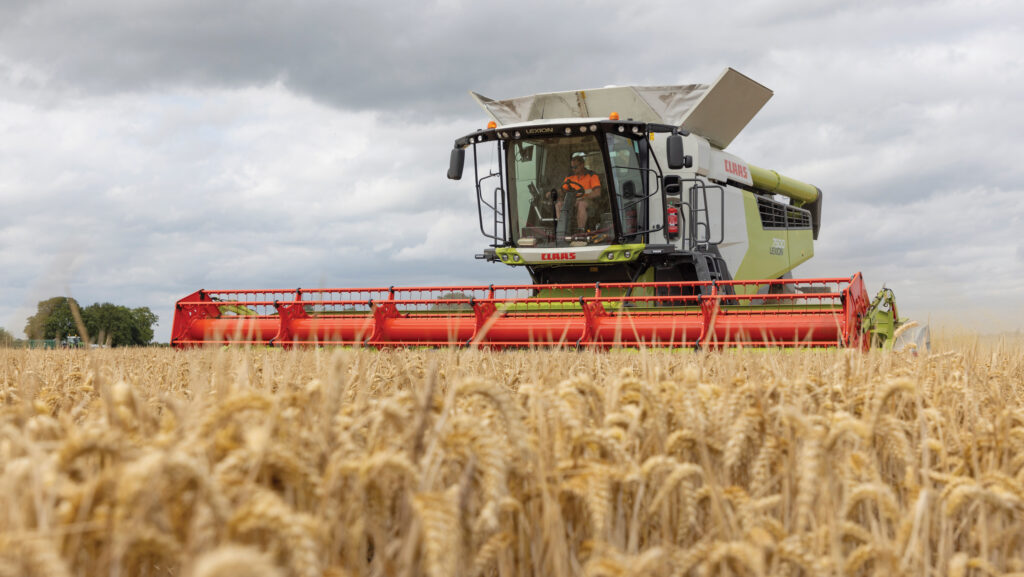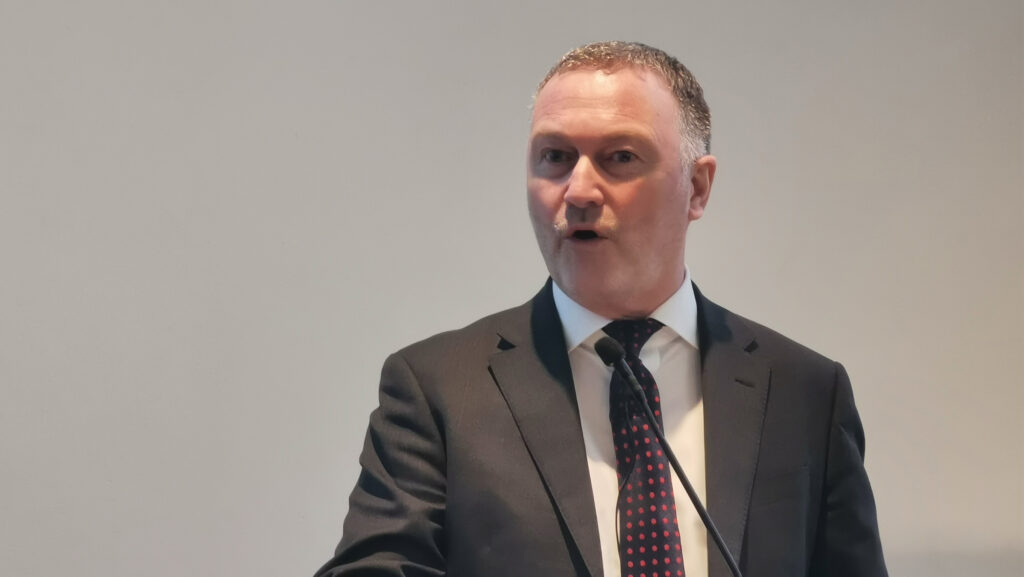Land Use Framework sparks fears for food security
 © Tim Scrivener
© Tim Scrivener The launch of the government’s consultation on a Land Use Framework for England has raised serious concerns from farming groups, particularly about its potential impact on food security and domestic food production.
Defra’s new strategy seeks to balance competing demands for housing, renewable energy, nature restoration, and food production.
However, many in the farming industry fear it could undermine national food security.
See also: Editor’s View: We must persuade Reed of merits of compromise
According to projections, 9% of farmland may need to be removed from food production by 2050 to meet green targets.
An additional 5% could be taken out due to a decrease in food output, with another 4% used for space shared with trees.
This is particularly concerning given the UK’s growing population, projected to increase from 68.35 million to 78 million by 2050.
Experts warn that if domestic food production declines, the UK may be forced to rely more on food imports produced to lower standards, further impacting food security.
NFU response
Responding to the launch of the 12-week land use consultation, NFU president Tom Bradshaw expressed concern that the framework could compromise British food production.
“We must have a land use plan in place, underpinned by sound science and evidence, that has British food at its heart and ensures we make the best use of our most productive agricultural land,” he said.
He added that farming, already struggling with volatile costs and reduced payments, cannot afford additional restrictions that could hinder the production of affordable, sustainable food.
The Tenant Farmers’ Association (TFA) also voiced concerns about the framework’s potential impact.
TFA chief executive George Dunn noted that the government’s focus on “making space for nature” could result in substantial reductions in agricultural land available for food production.
Mr Dunn voiced concerns about the government’s projections, which suggest agricultural land in England could drop from 70% to 60% of total land area by 2050.
“It is unacceptable that UK agriculture will be forced to give up over 14% of its land area for dedicated climate and environmental outputs,” he said.
While Defra officials have stated that policies will be introduced to help farmers find productivity improvements, Mr Dunn called for a more balanced approach that allows for land-sharing between food production and environmental goals.
Soil Association policy director Brendan Costelloe said the biggest challenge will be getting the balance right between flexibility for farmers and certainty for the environment and food resilience.
“Clearly, the framework shouldn’t be telling farmers what to grow and where to grow it, all the time,” he added.
In his speech at the National Geographical Society in London on Friday 31 January, Defra secretary Steve Reed explained that the Land Use Framework is designed to support farmers in their transition to more sustainable practices.
‘It won’t tell farmers what to do’ – Reed

© MAG/Phil Case
“It won’t tell anyone what to do with their land, it will help them take better decisions shaped by the life experiences of farmers, landowners and planners,” Mr Reed insisted.
He stressed that the framework is not a set of rigid rules, but a tool to guide a fair and just transition, using the most sophisticated land use data ever published.
Despite Mr Reed’s reassurances, fears persist that farmers will bear the brunt of the environmental burden, particularly with the government’s focus on nature recovery.
While Mr Reed reaffirmed the Labour’s “cast-iron commitment to maintaining long-term food production”, he also noted that nature recovery is a key focus of many government policies.
The consultation, which runs for 12 weeks, invites input from farmers, landowners, planners, and other stakeholders.
While the government insists the framework will be flexible, farm leaders are calling for clarity to ensure food producers’ needs are safeguarded as the country works toward its environmental targets.
A farmer’s view on the framework consultation
Andrew Blenkiron, managing director of Elveden Farms on the Norfolk/Suffolk border, was among the 80-strong audience who listened to Steve Reed’s speech on the launch of the government’s Land Use Framework consultation.
Mr Blenkiron shared about what he heard, expressing both support and concern.
While he welcomed the announcement, he pointed out the “conflicting priorities” surrounding land use, including the push for housing, food production, and nature restoration.
Mr Blenkiron said balancing these demands would be challenging and he suggested that simply pushing solutions onto farmers may not be effective.
He also raised concerns about the financial aspects, particularly how the removal of 9% of farmland from food production will be funded, especially when farmers are already struggling with the end of the Basic Payment Scheme and limited access to environmental schemes.
He questioned where private financing for environmental projects would come from.
On the potential impact of inheritance tax on future generations of farmers, Mr Blenkiron was optimistic that there would always be someone to farm the land, but highlighted the need for fair returns to ensure sustainability.
“Farmers must be compensated fairly for both food production and environmental services,” he said.
In his personal response to the consultation, Mr Blenkiron intends to call for fair market returns for food, integration of food production and environmental goals, and the ability to make decisions about land use without excessive restrictions.
